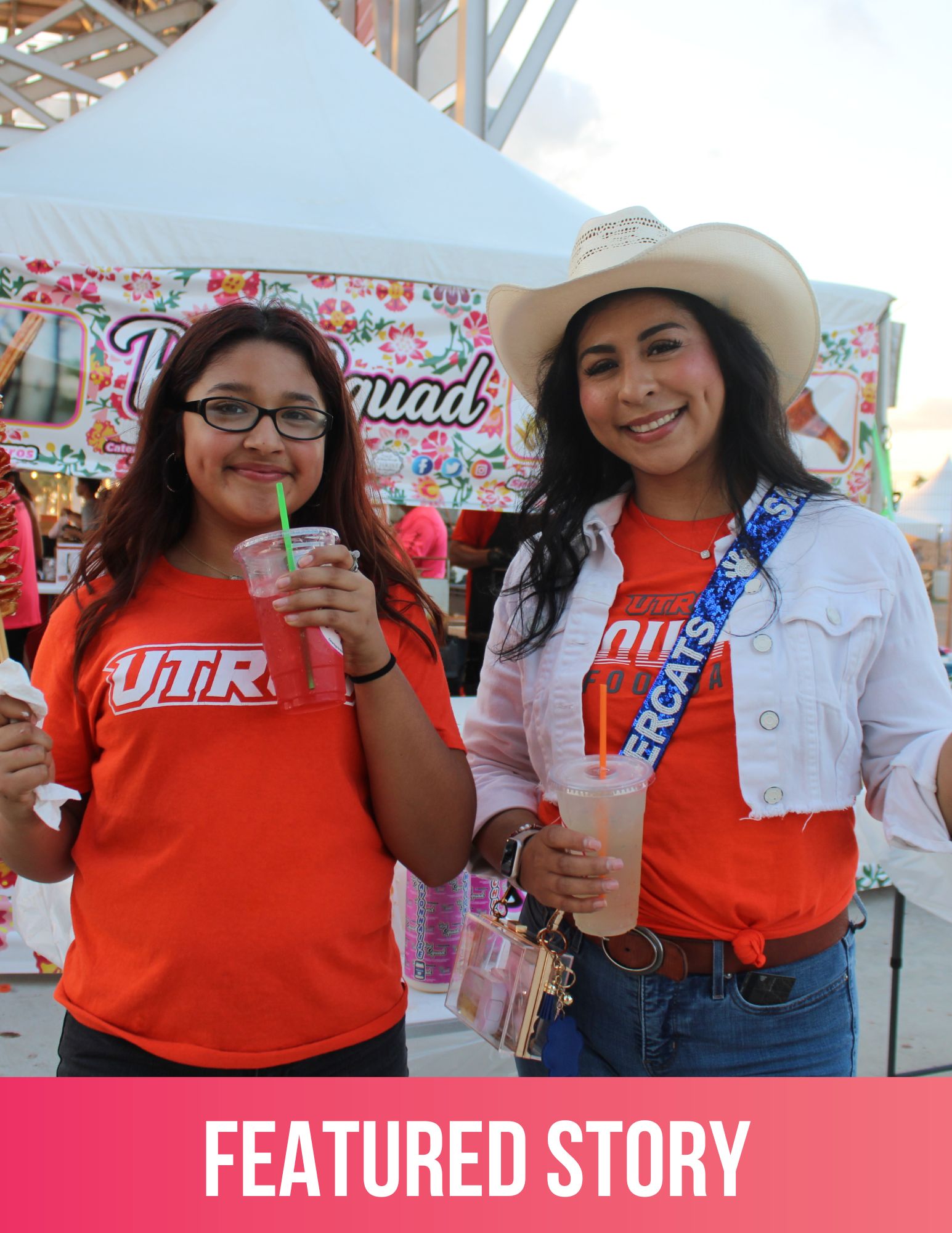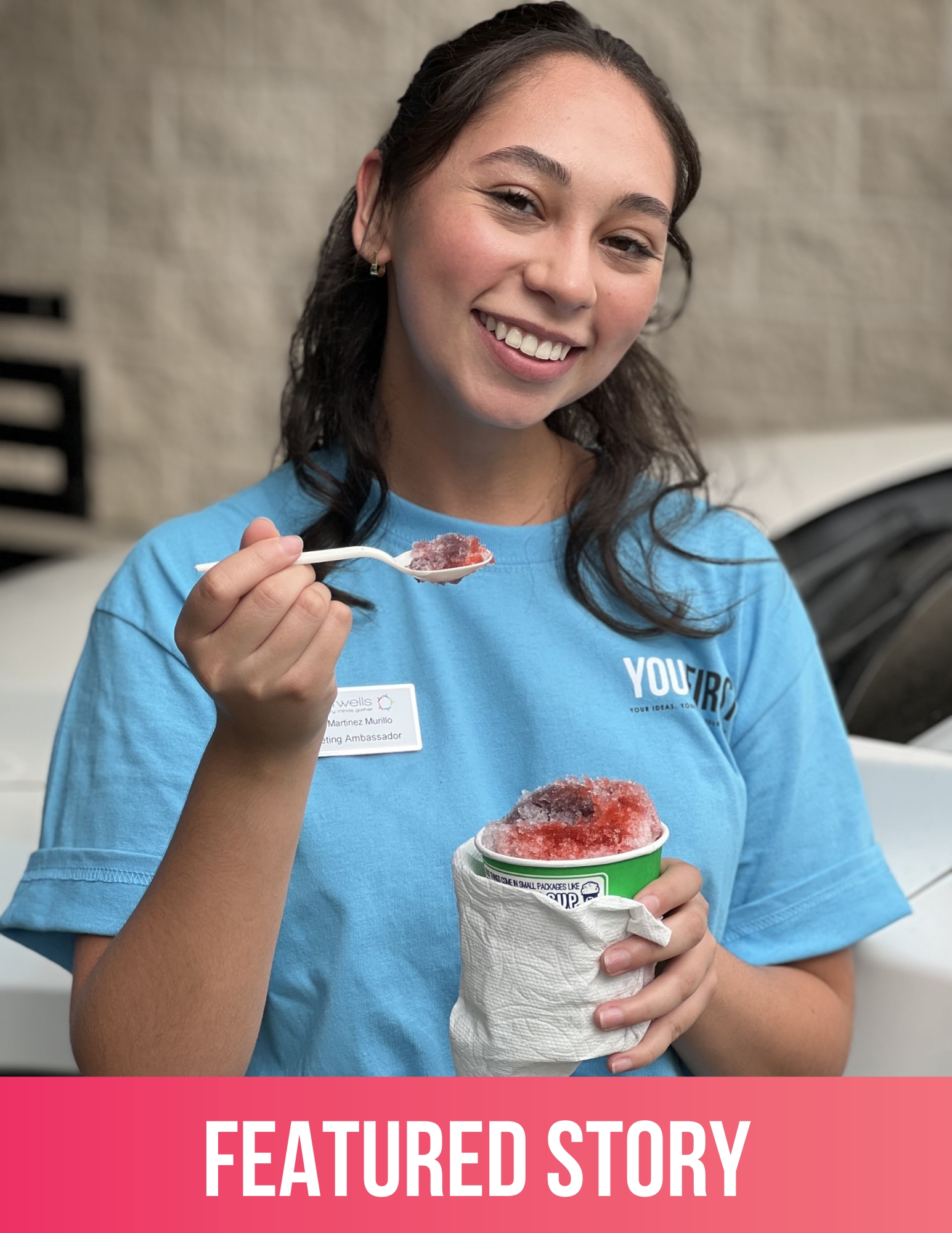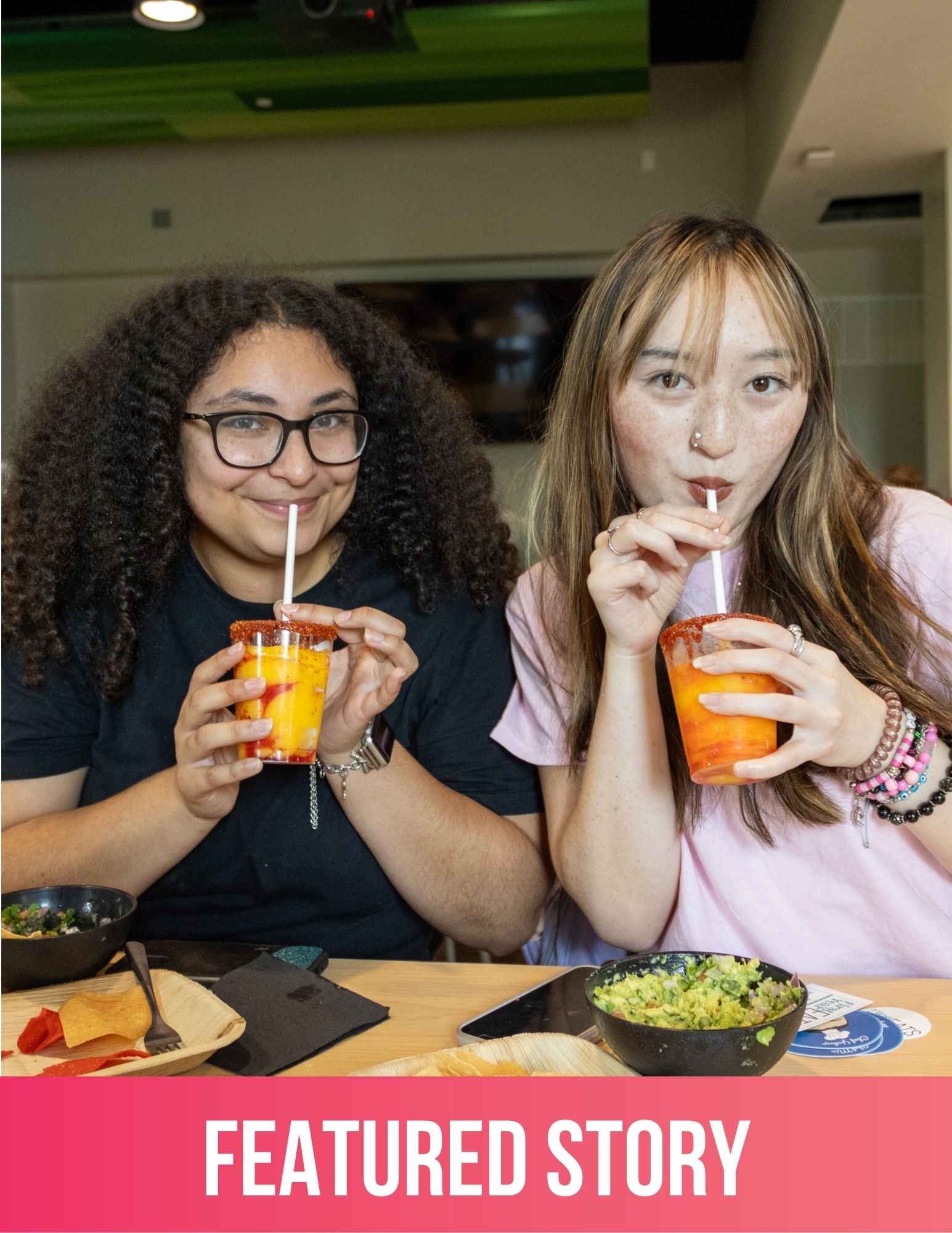Today, Chartwells Higher Education, a recognized leader in contract foodservice management, announced its partnership with Landmark College to create a comprehensive approach to campus dining designed to foster neuroinclusive dining experiences across colleges and universities nationwide. This initiative aims to create more welcoming and supportive environments that cater to the diverse sensory and social needs and preferences of students.
“We believe that an inclusive campus empowers every student to succeed. With approximately 53% of Gen Z identifying as neurodivergent, and this number projected to reach 70% or more for Gen Alpha, we’re evolving our approach to meet the unique and evolving needs of our students,” said Eva Wojtalewski, CEO of Chartwells Higher Education. “We understand there’s no one-size-fits-all solution, and this approach represents our overall commitment to understanding, adapting, and creating truly inclusive dining experiences for every student, now and in the future.”
The development of this concept is informed by student feedback, including Chartwells’ 2025 Campus Dining Index, which revealed that one in five students expressed interest in neurodivergent-friendly community sensory spaces, and the same number were interested in table cards indicating openness to meeting new friends. This new initiative directly responds to these desires, integrating purposeful design to enhance the student dining experience.
Through the partnership with Landmark College, a private college designed exclusively for those who learn differently, Chartwells is ensuring that the concept incorporates first-hand expertise and ultimately fosters a culture of understanding and inclusion, reflecting a holistic commitment to student well-being.
“True inclusion is about creating neurodivergent-friendly environments where students feel comfortable and empowered, and dining spaces are often overlooked, although they can be some of the most challenging environments for students with sensory sensitivities,” said Dr. Adam Lalor, Vice President of Neurodiversity Research and Innovation at Landmark College. “This partnership is an opportunity to apply our research to creating dining experiences that reduce barriers and set a new standard for supportive dining.”
Key features include:
- Flexible seating and social cues: Intentional design incorporates a variety of seating options, including solo seats, small tables, and community tables, so students can choose their preferred social setting. Table cards will allow guests to indicate if they’re open to conversation or prefer not to be disturbed, so they can foster connections at their own pace.
- Sensory-friendly design: Spaces will utilize intentional color patterns to aid natural wayfinding and separate areas, along with sound-absorbing materials, like acoustic panels and soft furnishings, and diverse textures to create a controlled and comfortable sensory environment.
- Atmospheric zones: Dining locations can implement “zones” to provide different experiences, such as quiet zones for focused dining, social zones for interaction, wellness zones, and even “spice zones” for adventurous eaters.
- Consistent and transparent food options: “Safe foods” will be consistently available with no garnishes to provide reliable choices for students who prefer familiar items. Educational signage will highlight seasonal produce, describing flavors and textures to make it less intimidating to try new foods.
- Robust to-go options: Expanded grab-and-go options and various packaging choices, including multi-compartment boxes to keep foods separate, enable students to dine in an environment of their choosing.
This program is designed as an overall approach for campuses, with residential dining serving as a core component. For example, the University of Houston has already incorporated thoughtful dining hall seating arrangements in its dining facilities to accommodate a wide range of dining preferences.
Chartwells also intends to partner closely with schools on programming and promote existing university services that support neuroinclusivity, such as tutoring or test-taking support. The company is also implementing comprehensive training for its associates to better support neurodiverse guests, such as specific guidance for back-of-house teams on food preparation and “safe foods,” or providing services that help students familiarize themselves with spaces and resources at the beginning of the academic year, such as dining tours or “dining buddy” programs.
**Photo credit: Catawba College



